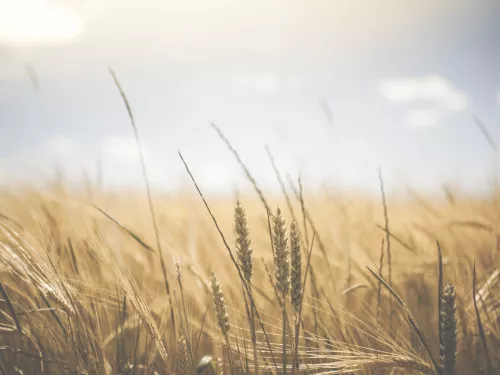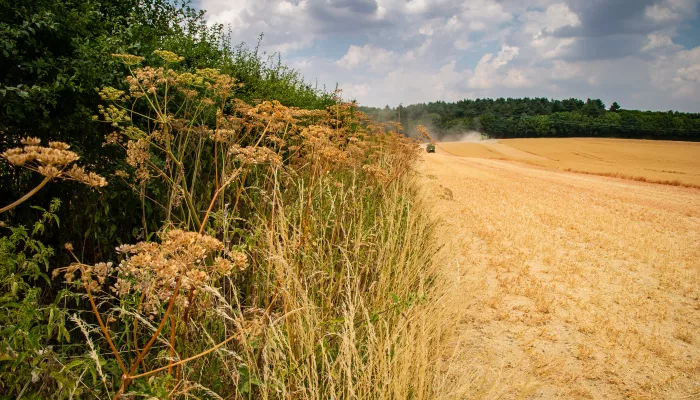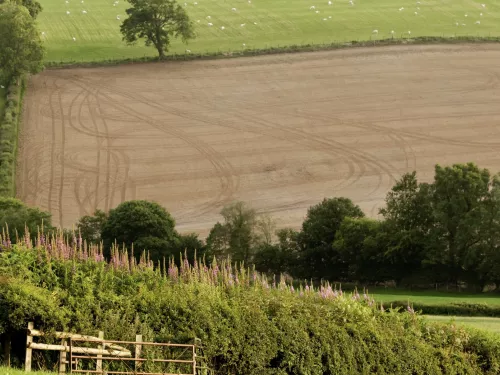
Kent Wildlife Trust wins bid to support regenerative farming in Kent, partnering with farmers on innovative crop trials
Kent Wildlife Trust will be delivering one of six new projects funded by the Co-op Carbon Innovation Fund. The £100k project worth will be delivered over 2 years in partnership with Bockhanger Farms Ltd and Reading University.


